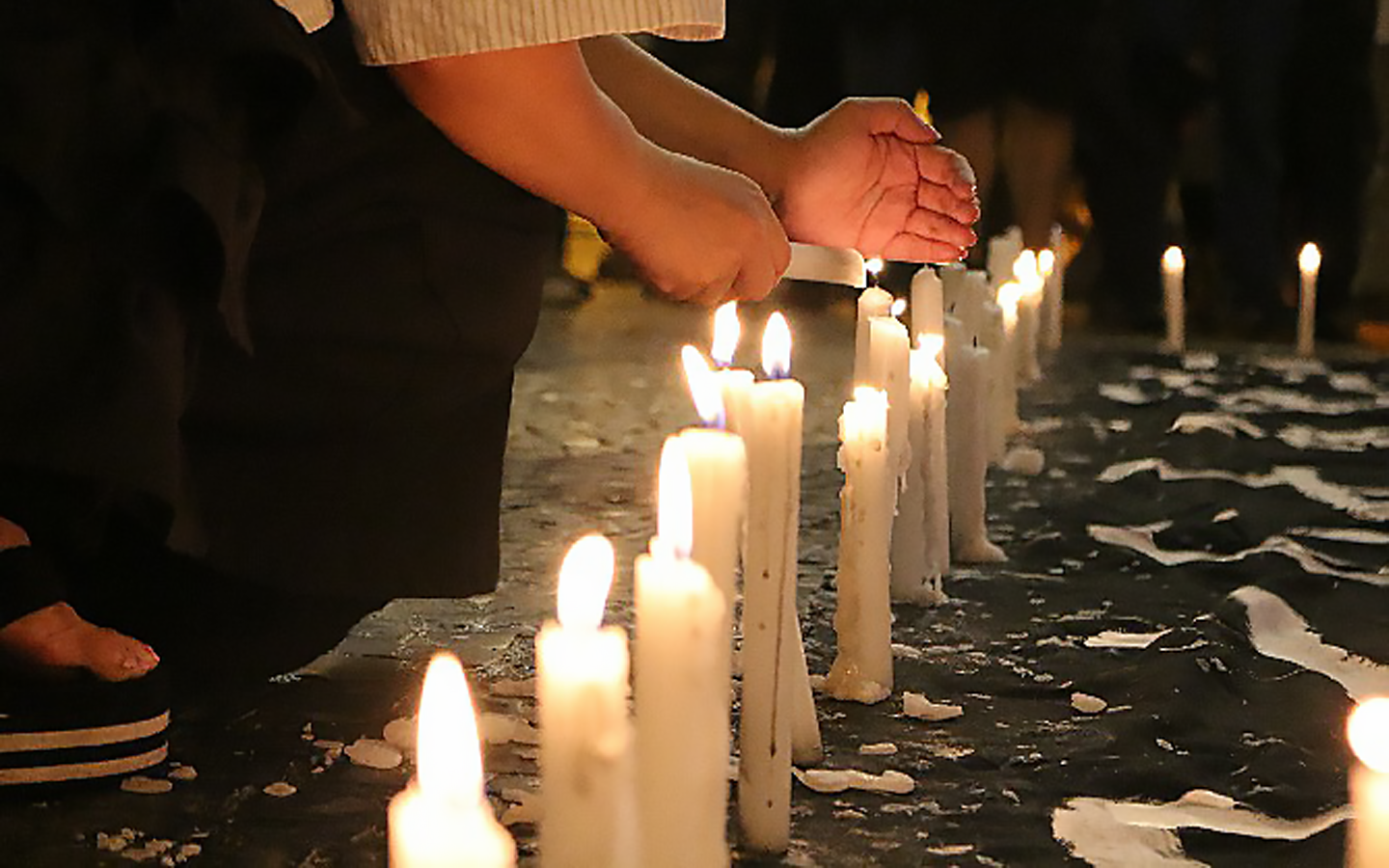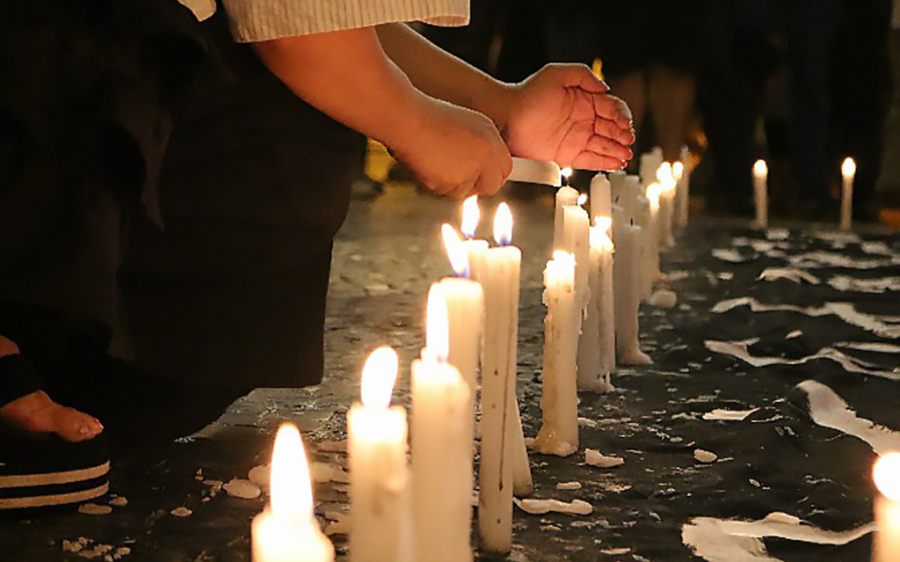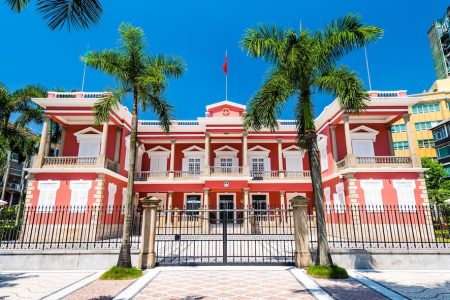The Court of Final Appeal (TUI) has turned down an appeal by the Macau Democracy Development Union against the Public Security Police’s (PSP) decision to disallow a vigil to mark the 4 June incident in Tiananmen Square Beijing in 1989.
Macao’s top court ruled that the organisers’ choice of political slogans used during vigils in previous years had violated the nation’s Constitution and the Macao Basic Law by urging the public to overthrow the existing political system and using inflammatory language.
The court pointed out that something that is inherently illegal doesn’t become legal by the mere fact that it has repeatedly taken place in previous years.
In its ruling, the TUI said that the meeting will be a “planned and deliberate attack and insult” on authorities, entities and institutions of the Central Government of the People’s Republic of China and because of that it was “clearly inadmissible and of necessary repudiation”.
The TUI added that the use of expressions such as “terror”, “massacre” and “slaughter” are “undoubtedly inadmissible in any kind of public event”.
The government later declared that it “respects and backs” the court’s ruling.
Officials pointed out that the PSP disallowed the vigil planned by the activist group today because it would have contravened the national Constitution and the Macao Basic Law, as well as the Macao Penal Code.
The government urged members of the public to “recognise that such an activity [vigil] is illegal and endangers national security,” adding that “in order to safeguard the constitutional order as stipulated in the Constitution and the Basic Law, and for the sake of ensuring social harmony and stability in Macao, the public should refuse to take part in any such illegal assembly, protest or demonstration.”
A government spokesman said that “the police will strictly abide by the principle of legality and, as always, fully respect and safeguard the fundamental rights enjoyed by Macao residents regarding assembly and demonstration,” adding that “the police nonetheless will proceed in accordance with the law regarding any illegal acts.”
Last year’s vigil was disallowed by the police on public health grounds, because of the Covid-19 pandemic. This year the police decided not to allow the vigil on both public health and penal law grounds.
The union, which includes veteran non-establishment lawmakers Ng Kuok Cheong and Au Kam San, had held the vigil every year between 1989 and 2019.
The Portuguese-language channel of public broadcaster TDM last night quoted Ng as saying that following the court ruling the vigil would be held online.






